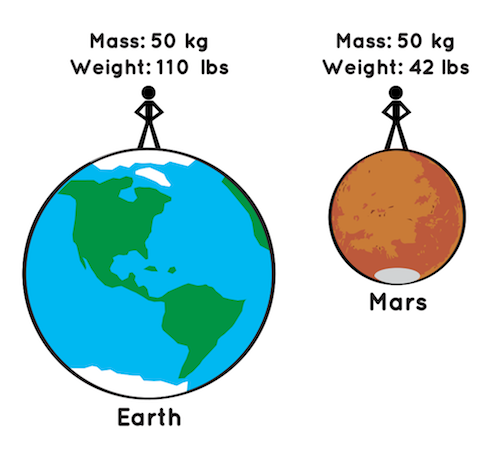Write4U:
Do you agree that mathematics is deterministic?
Sarkus told you "Whatever gave rise to mathematics gave rise to the properties of mathematics at the same time, including its deterministic nature. "
If you agree that mathematics is deterministic, then you must agree that whatever "caused" maths must have also caused maths to be deterministic. Because if A causes B, and C is property of B, then A must also cause B to have property C. Right?
What are you confused about?
Also, why do you think the Big Bang was "chaos"? This is something you keep asserting. Previously, you claimed that the big bang was "completely disordered", or something like that. But, at the same time, you seem to want to assert that mathematics - that ordered, deterministic thing - existed at the big bang and "guided" how it happened. But if ordered mathematics existed at the big bang, then the big bang was not completely disordered - i.e. not completely chaotic, like you claim it was. Your claims don't make sense when you put them side by side. You contradict yourself.
Don't you think you should have made some effort to understand what "chaos theory" is about before you started making claims about how you think it applies to the big bang, etc.? Your "just make shit up and see how well it goes down with the audience" isn't working out very well for you.
Do you even understand what this diagram is being used to tell you about? And why on earth do you imagine it's relevant to the discussion in this thread? Did you just like the pretty picture?
Do you think you'll ever be able to answer that question? If not, why did you talk as if "quasi-intelligent" function actually means something?
Did you understand Sarkus's explanation of what determinism is?Now that answer confuses me.
Do you agree that mathematics is deterministic?
Sarkus told you "Whatever gave rise to mathematics gave rise to the properties of mathematics at the same time, including its deterministic nature. "
If you agree that mathematics is deterministic, then you must agree that whatever "caused" maths must have also caused maths to be deterministic. Because if A causes B, and C is property of B, then A must also cause B to have property C. Right?
What are you confused about?
What do you mean "everything happened all at once"? Surely you agree that not "everything" happened at the moment of the big bang? For instance, some things are happening now.This universe did not start with a small change, it started with a Big Bang where everything happened all at once and at the same place. Chaos.
Also, why do you think the Big Bang was "chaos"? This is something you keep asserting. Previously, you claimed that the big bang was "completely disordered", or something like that. But, at the same time, you seem to want to assert that mathematics - that ordered, deterministic thing - existed at the big bang and "guided" how it happened. But if ordered mathematics existed at the big bang, then the big bang was not completely disordered - i.e. not completely chaotic, like you claim it was. Your claims don't make sense when you put them side by side. You contradict yourself.
Relevance: zero. Perhaps the nice image grabbed your fleeting attention.Chaos can explain why climate is predictable while weather isn’t.
Are you trying to teach us, or yourself?Why chaos theory matters
Don't you think you should have made some effort to understand what "chaos theory" is about before you started making claims about how you think it applies to the big bang, etc.? Your "just make shit up and see how well it goes down with the audience" isn't working out very well for you.
Whatever it is you're quoting there is not a source of correct information, if it claimed it was telling you about the "properties of mathematics". The author has apparently confused properties of arithmetic with general properties of mathematics. Find a more reliable source if you want to learn more about maths.What are the properties of mathematics.
There are four basic properties: commutative, associative, distributive, and identity.May 27, 2022
Are you collecting stamps, Write4U?What type of math is functions?

Do you even understand what this diagram is being used to tell you about? And why on earth do you imagine it's relevant to the discussion in this thread? Did you just like the pretty picture?
Are you able to tell me whether the function $f(x)=x^2$ is a quasi-intelligent function yet?Algebraic Form: A function is usually denoted by an equation y = f(x) which connects the values on the x-axis and the values on the y-axis. Some examples of functions equations are f(x) = x3, f(x) = sin x, etc.
Do you think you'll ever be able to answer that question? If not, why did you talk as if "quasi-intelligent" function actually means something?
Last edited:






